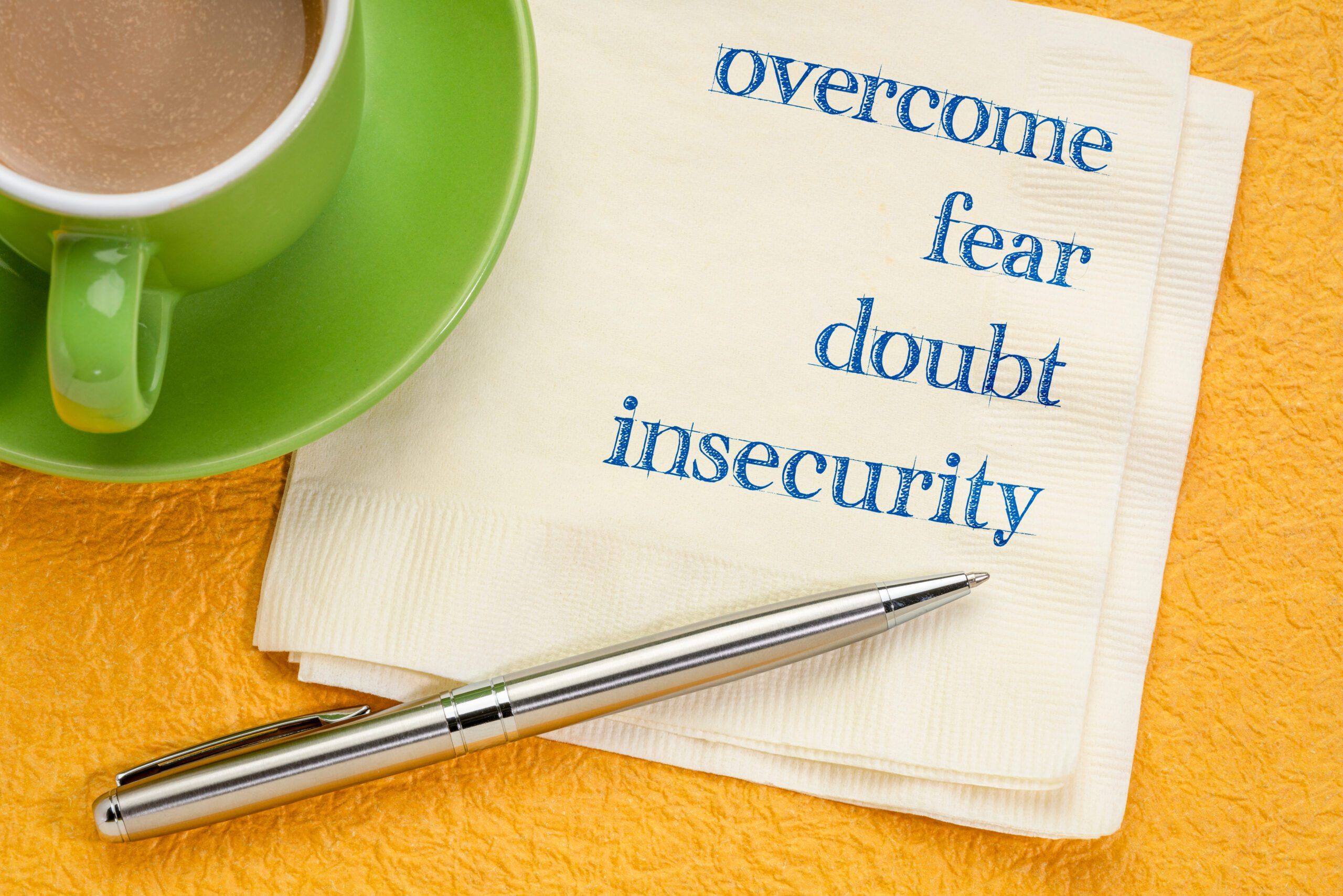
Taking Control of Your Insecurities:
Relationships can be a source of unparalleled joy, companionship, and growth. However, for individuals with anxious, avoidant, or fused attachment styles, navigating the complex waters of intimacy and connection can often feel like an uphill battle, fraught with insecurities and unmet expectations. The reality stage of any relationship is challenging, but for those grappling with these attachment styles, it can amplify fears and uncertainties, particularly the resonant question: "Will you be there for me?"
Understanding Your Attachment Style
First and foremost, understanding your attachment style is key. Whether you're anxiously attached, craving constant reassurance and fearing abandonment; avoidantly attached, valuing independence to the point of pushing others away; or have a fused attachment style, deeply merging your identity with that of your partner's, recognizing these patterns is the first step toward change.
The Myth of Compatibility
A common misconception is that compatibility means finding someone who complements and completes you in every way possible. However, this places an unrealistic and unfair burden on your partner. No one can perfectly fill all the gaps in another's personality or soothe all their insecurities. Compatibility is not about finding a perfect match but about mutual respect, understanding, and the willingness to grow together.
Facing Your Insecurities
Realizing that your insecurities are your responsibility, not your partner's, is crucial. While it's natural to seek comfort and reassurance from them, expecting your partner to quell all your fears is both unfair and unfeasible. True security comes from within, from facing and managing your insecurities rather than imposing them on someone else.
Why Constant Proof Is Never Enough
The core issue with this approach is that no amount of proof or reassurance will ever feel sufficient. This is because the underlying insecurities and fears are not being addressed at their root; instead, they're being projected onto the partner. By setting up a scenario where your partner is always in a position to prove their trustworthiness, you inadvertently create a cycle of doubt and pushback. This cycle is detrimental not only to the health of the relationship but also to your personal emotional well-being.
By engaging in this pattern, you risk creating a self-fulfilling prophecy that ultimately gives you the "proof" you were seeking, thereby validating your protective feelings without actually solving anything. This scenario exacerbates your situation because, in seeking evidence of your partner’s commitment, you may inadvertently push them away. In doing so, you are not recognizing their efforts to be there for you, simply because they might not align perfectly with your expectations. This dynamic can make future relationships even more challenging, as each encounter becomes burdened with more "proof" of what you feared most, making it harder to establish trust and intimacy.
Breaking the Cycle
To break this cycle, it's important to shift the focus from seeking external validation to fostering internal security. This involves:
- Recognizing the Pattern: Become aware of when you're demanding proof of trustworthiness from your partner and acknowledge that this may be a manifestation of your own insecurities.
- Practicing Self-Reliance: Work on building your own emotional resilience. This means learning to comfort and reassure yourself, rather than relying solely on your partner for emotional support.
- Building Trust Internally: Start to rebuild trust from within. This can include affirmations, reflecting on positive interactions where trust was present, and reminding yourself of your strength and capacity to handle emotional challenges.
- Seeking Constructive Communication: Instead of making statements that place the burden of proof on your partner, focus on constructive communication. Share your feelings and fears without implicating them as the cause. This opens up a space for mutual understanding and support.


Strategies for Empowerment
- Acknowledge Your Feelings: Recognize and accept your feelings without judgment. Understanding why you feel a certain way can help you address the root cause of your insecurities.
- Communicate Openly: Share your feelings with your partner without assigning blame. Use "I" statements to express how you feel and what you need, rather than what your partner is doing wrong.
- Self-Soothe: Develop strategies for calming yourself when anxieties arise. This could be through meditation, journaling, or engaging in activities that bring you joy and relaxation.
- Seek Positive Reassurance: Instead of focusing on fears and 'what-ifs,' remind yourself of the times your partner has been there for you. Build a narrative based on trust and positive experiences.
- Appreciate Your Partner: Actively look for qualities in your partner you admire and appreciate. Expressing gratitude can reinforce positive aspects of your relationship and help you internalize moments of love and support.
- Work on Self-improvement: Personal development isn't just about self-help books or seminars. It's about actively working on aspects of yourself that you want to improve, whether that's becoming more secure in your attachments or learning to communicate more effectively.
- Seek Professional Help: Sometimes, the guidance of a therapist or counselor can provide invaluable insights into your attachment style and strategies for building healthier relationships.
Conclusion
Overcoming insecurities and managing an anxious, avoidant, or fused attachment style in relationships is not about changing who you are but about understanding and growing from your experiences. Remember, the goal is not to find someone who caters to every insecurity but to develop a sense of self-assurance that allows you to engage in healthy, fulfilling relationships. Empower yourself to take control of your insecurities, not by manipulating others but by building a strong foundation of self-love, trust, and open communication.
share this POST
Subscribe for updates, QUICK & EASY!
Subscribe to our newsletter for exclusive updates, insights, and exciting content delivered straight to your inbox!
Schedule a Free Breakthrough Call
Interested in learning more about building a healthy relationship, schedule a free Breakthrough call today!
Subscribe to our newsletter for exclusive updates, insights, and exciting content delivered straight to your inbox!
Copyright © 2024 All Rights Reserved.




